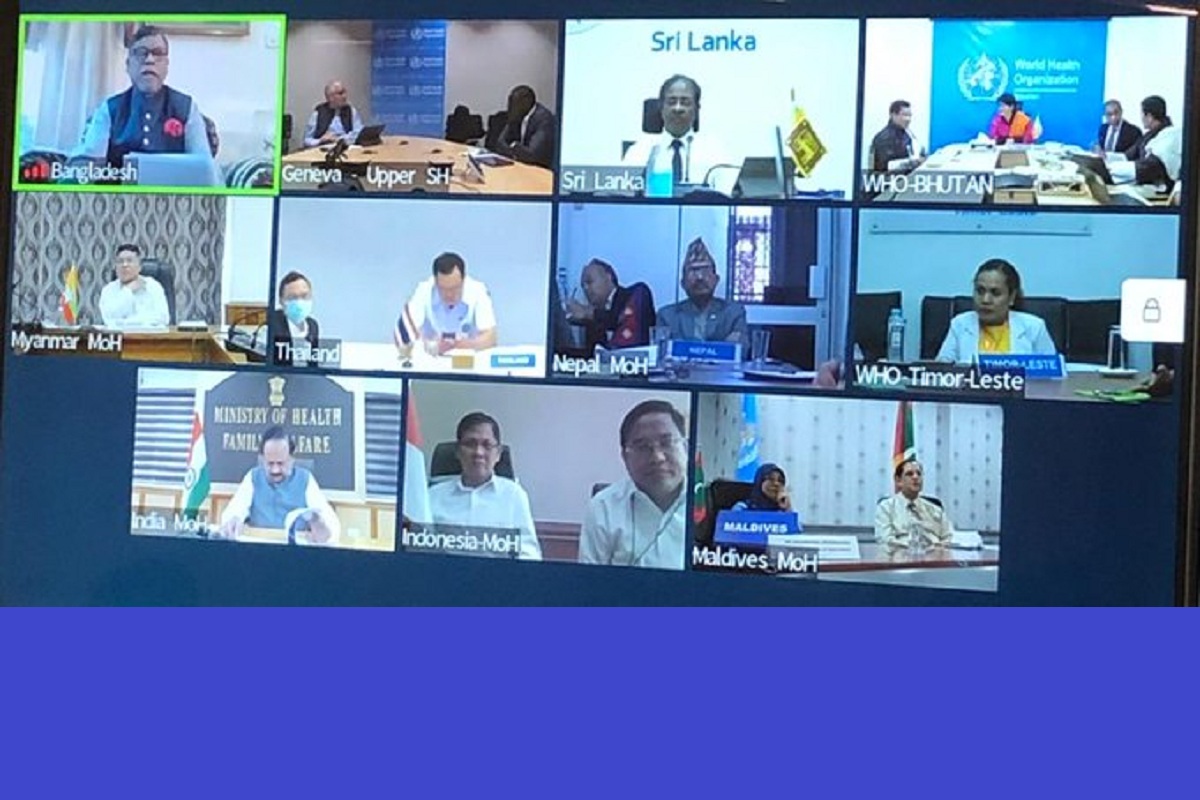Amidst the rapid spread of COVID19 and continuing challenges, the World Health Organization (WHO) on Friday emphasized on a stronger role of society and government in the South-East Asia Region to prevent a long-haul with the pandemic and avert further loss of precious human and other resources.
“A more comprehensive approach is needed with communities at the center of our response. Most importantly, communities need to be engaged and empowered to take appropriate decisions and measures. The onus must be on each one. At this stage, everyone needs to contribute to minimize health as well as socio-economic impact of the pandemic,” said Dr Poonam Khetrapal Singh, Regional Director, WHO South-East Asia.
Advertisement
In recent days and weeks, countries in the region have taken difficult decisions including implementation of unprecedented physical distancing measures to arrest the virus spread.
Nearly 1.5 billion people – in Bangladesh, India, Myanmar, Nepal, Sri Lanka and Thailand together – are currently experiencing lockdowns. Supported by communities, we should start to see the impact of these measures in the coming weeks. Simultaneously, this is also an opportunity for countries to enhance the capacities of their health systems.
As physical distancing measures take effect and capacities are built, whatever the transmission scenario, with the right approach the virus can be contained. In areas where community transmission occurs, it can be suppressed and controlled, the Regional Director said.
“Every case, cluster and evidence of community transmission would need to be aggressively responded to. Basic public health measures such as active case detection, isolation, testing, treatment and contact tracing are among our most powerful tools. A strong surveillance is needed to assess and guide evidence-based measures,” Dr Khetrapal Singh said.











